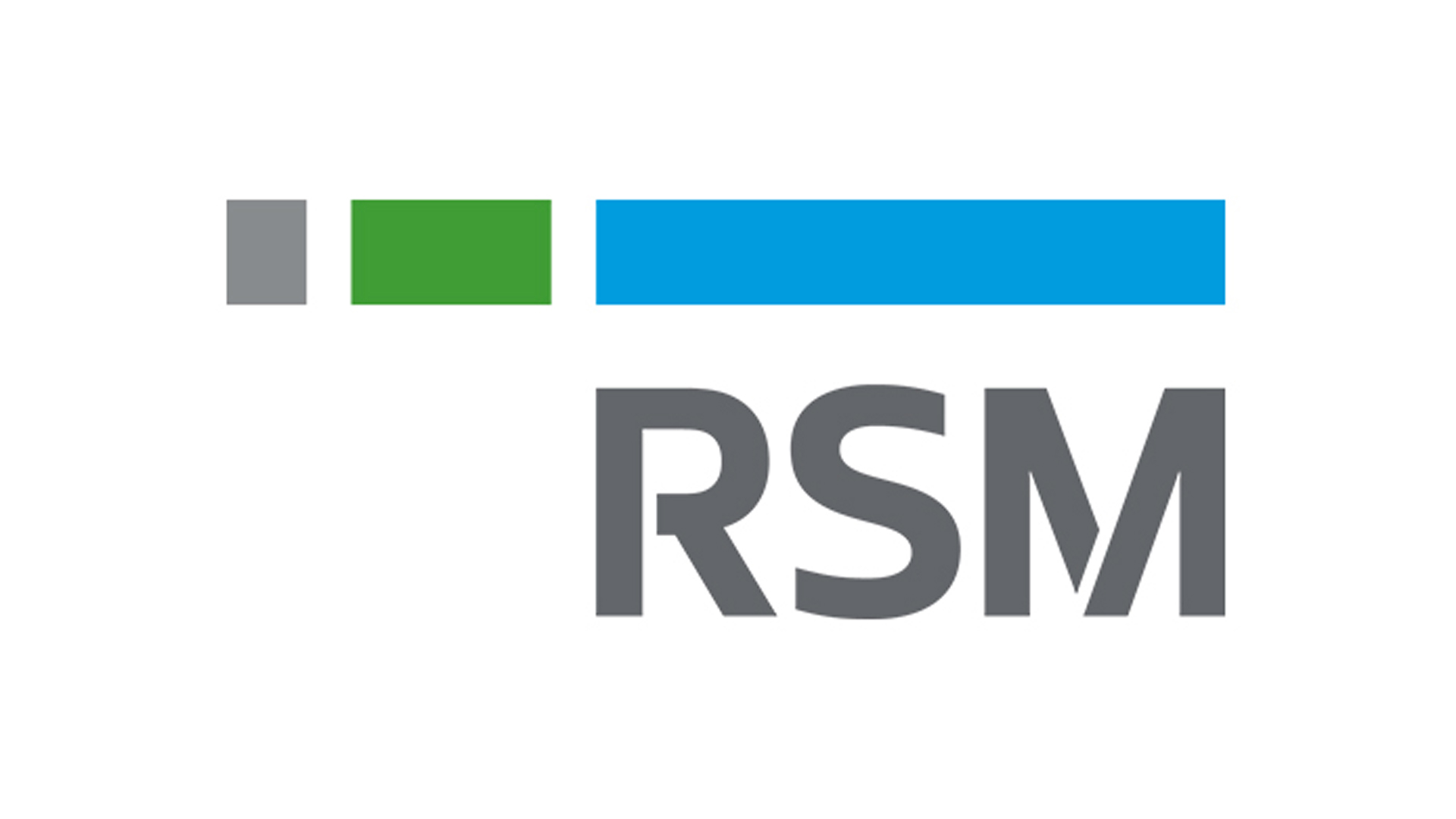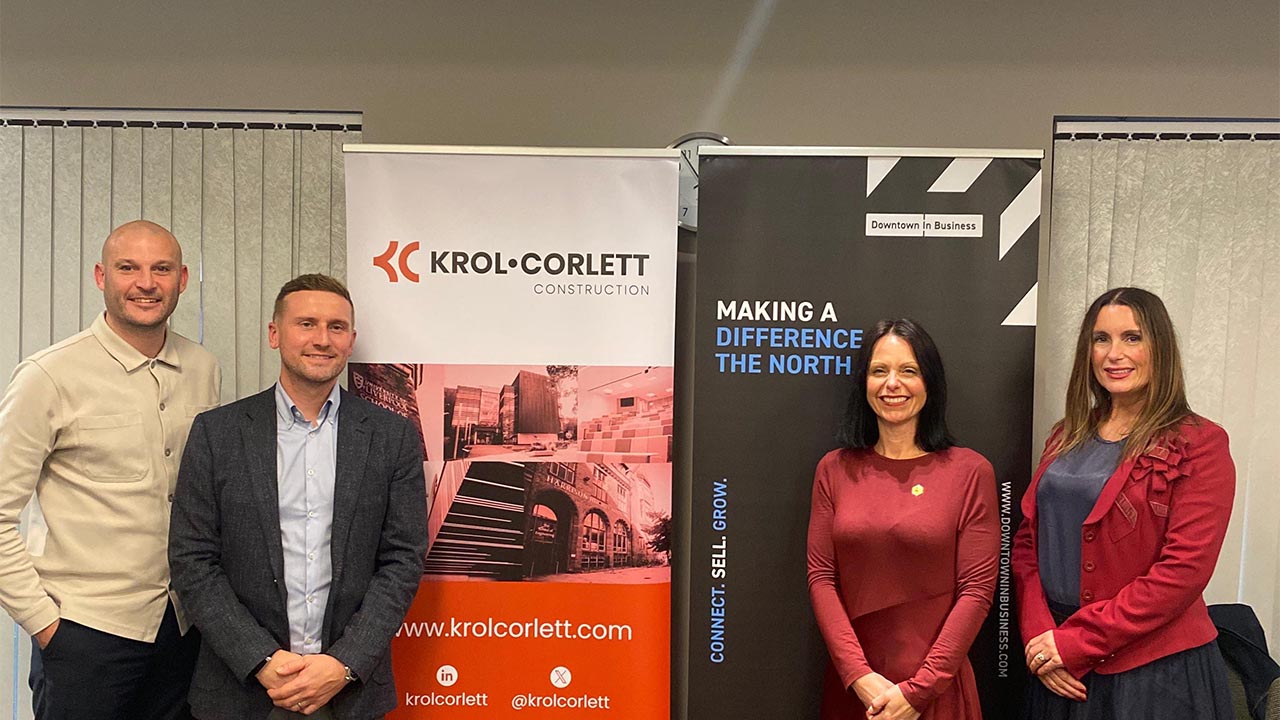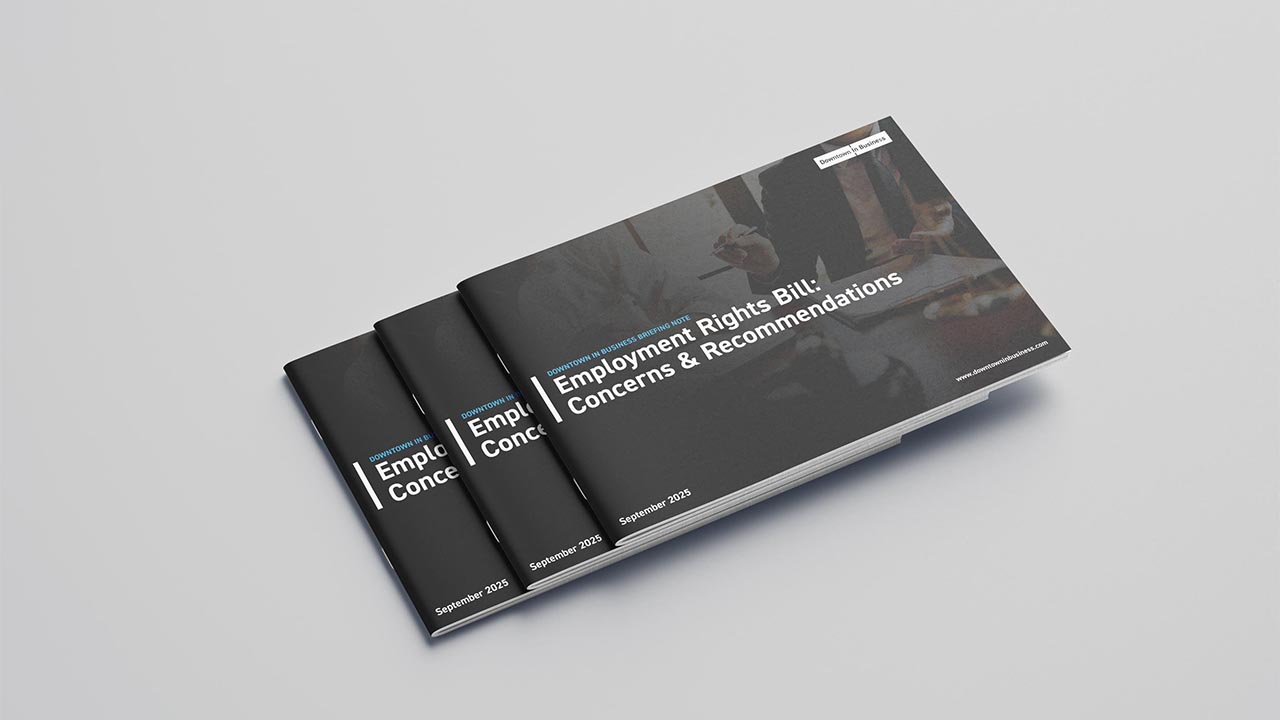An overwhelming 96 per cent of company board members expect to see an increase in the number of criminal prosecutions of those senior executives and organisations implicated for poor risk management, yet only 21 per cent think corporate governance is critical to achieving success.
The survey, of more than 200 UK middle market business leaders conducted by leading audit, tax and consulting firm RSM, reveals a fundamental disconnect between the perception at board level of what is considered important to the future success of a company in meeting its objectives, and the reality.
Richard Smith, partner and national head of risk assurance at RSM, comments: ‘Our research reveals some unsettling truths, and consequently a ticking timebomb for some. On the one hand boards overwhelmingly recognise the very real threat of prosecution for poor corporate governance practice, but on the other they remain reluctant to fully engage in a process that minimises those very risks and future liabilities. Recent high-profile institutional collapses provide stark reminders to all of us as to what can go wrong when fundamental aspects of corporate governance have been ignored or not fully adhered to.’
The expected rise in prosecutions includes penalties for failing to manage the risks associated with non-compliance with regulatory and legal requirements.
The survey also revealed that 28 per cent of boards have no corporate governance standards or guidelines, and that only 36 per cent of boards have allocated a dedicated corporate governance officer.
The survey is part of a wider report by RSM entitled ‘Trust in the Boardroom – a move towards sustainable governance’. The report explores people and regulatory risk in the context of major corporate governance failings.
Health and safety and data security were seen as the greatest and most challenging risks and nearly half (over 45 per cent) of those surveyed saw them as such. However, 21 per cent either had informal guidelines (as opposed to formal, mandatory policies or published guidelines), no policy at all, or didn’t know what their position was in terms of health and safety or data security.
The issue of human trafficking and anti-slavery was, perhaps surprisingly, not that prominent in the minds of many. Thus, whilst 44 per cent believed that legislation and regulatory rules would increase significantly over the next two to five years, only 20 per cent of those surveyed saw this as the most challenging issue. As a consequence, nearly 40 per cent had informal guidelines only, no policy at all, or didn’t know what their position was on the issue.
Hannah Gibson Patel, senior HR consultant at RSM comments: ‘If corporate governance in its entirety is done well, it can and should engender stakeholder confidence and business value. Of course, in doing this business can also often gain a much broader competitive advantage via an enfranchised workforce, empowered by trust.’
For further information or a copy of ‘Trust in the Boardroom’ visit www.rsmuk.com/idea-and-insights/effective-corporate-governance.









